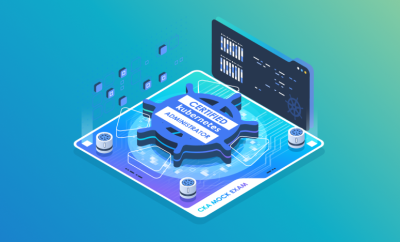Module 1: Introduction to Kubernetes
Module 2: Installation and Configuration
Module 3: Kubernetes API Objects
Module 4: Managing Kubernetes Workloads
Module 5: Storage in Kubernetes
Module 6: Kubernetes Networking
Module 7: Security in Kubernetes
Module 8: Monitoring and Logging
Module 9: Troubleshooting Kubernetes
Prerequisites
1. Basic understanding of Linux command line
2. Familiarity with containerization concepts (e.g., Docker)
3. Experience with cloud infrastructure (preferred but not required)
What You Will Learn
1. Comprehensive understanding of Kubernetes architecture and components
2. How to install and configure Kubernetes clusters
3. Managing workloads and services in Kubernetes
4. Implementing storage solutions in Kubernetes
5. Securing Kubernetes environments
6. Monitoring and logging Kubernetes clusters
7. Troubleshooting and maintaining Kubernetes clusters
Who Should Attend
1. System administrators
2. DevOps engineers
3. Cloud administrators
4. IT professionals responsible for managing Kubernetes clusters
5. Anyone aiming to become a Certified Kubernetes Administrator
Exam Overview
Exam Name: Certified Kubernetes Administrator (CKA)
Format: Performance-based (hands-on tasks)
Duration: 2 hours
Passing Score: 66%
Target Audience
1. IT professionals looking to enhance their skills in Kubernetes administration
2. Developers and engineers interested in container orchestration
3. Individuals aiming to validate their Kubernetes skills with a certification
The Kubernetes Administrator (CKA) Training is designed to equip IT professionals with the knowledge and skills necessary to manage Kubernetes clusters effectively. This course prepares participants for the Certified Kubernetes Administrator (CKA) exam, validating their expertise in deploying, managing, and troubleshooting Kubernetes environments.

Total 0 Review
No reviews yet. Be the first one to add a review to this course.
